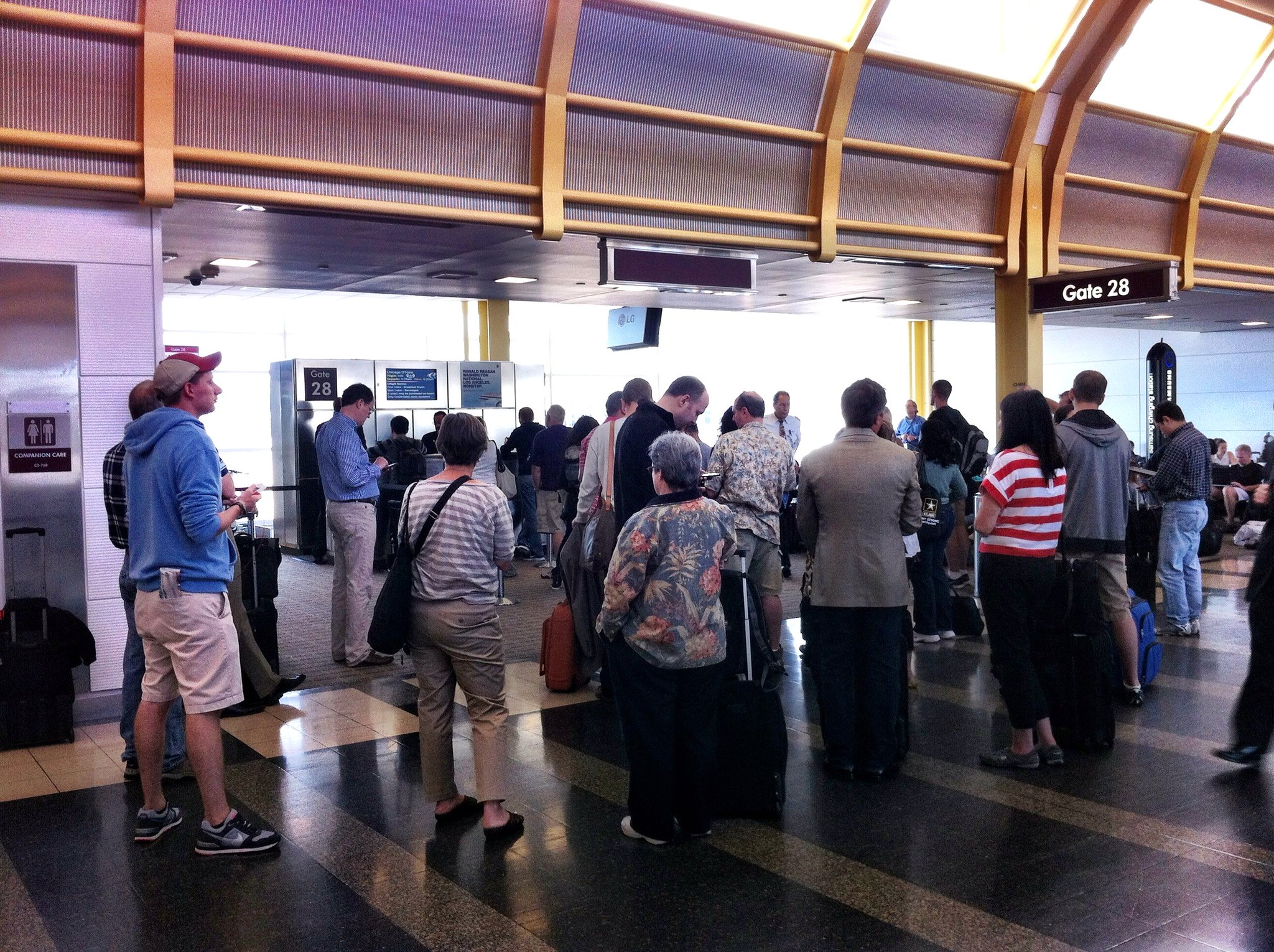Travel
Israelis more deterred by flight cancellations than by travel warnings

The Netherlands, Sri Lanka, Thailand, and the United Arab Emirates are countries that are both popular with Israelis and considered safe, but recently, they have been subject to travel warnings by the government. To make matters worse, earlier this week, the Chabad representative in the UAE, Rabbi Zvi Kogan, was kidnapped and murdered, and the National Security Council recommended not traveling to the UAE unless the visit is essential due to the threat against Israelis and Jews. This is the latest in a long list of travel warnings since the war broke out, but the situation seems to have worsened recently.
At the end of October 2024, the National Security Council announced a travel warning for Sri Lanka, which included a recommendation to leave the country immediately for those already there. The rioting in Amsterdam and attacks on Maccabi Tel Aviv fans after the soccer match with Ajax led to a travel warning for the Netherlands and a recommendation for those already there to bring forward their departure, with Israeli airlines arranging rescue flights. This was followed by travel warnings not to attend sporting events involving Israeli teams in Italy and France.
If all this wasn’t enough to undermine the feeling of safety abroad, on Sunday, the National Security Council raised the level of the travel warning to Thailand after having previously warned Israelis to be on alert due to a potential threat.
According to Aviation Links CMO Nir Mazor, travel warnings have an impact depending on the type of tourism, but Israelis have relatively short memories. “If it does affect, then it will mainly affect family vacations. It is too early to know what the impact will be, but as of this moment, I do not see a dramatic impact.”
A senior official in the tourism industry reinforces these words, saying, “Travel warnings mainly have a localized effect and for short periods of time, but Israelis are much more deterred by having to cancel flights if warnings are issued just before the vacation or during it.”
The National Security Council warns against visiting busy events, to downplay showing Israeli symbols, and avoid updating location details and travel plans on social media. At the same time, Israelis have also been forced to deal with the new restrictions created in the past year, with the crisis in the aviation industry following the war, with most foreign airlines currently not flying to Israel.
Airlines continue to suspend flights to Israel
Over the past week, Air France extended its flight suspensions to Israel until the end of December, joining KLM, Lufthansa, ITA, Wizz Air, and Iberia, which have canceled all Israel flights until the end of the year. Airlines including Delta, United, American, British Airways, Virgin Atlantic, easyJet, and others have canceled flights well into 2025.
Israeli airlines have struggled to fill the vacuum and provide an alternative supply for the large demand, and fares have been climbing accordingly. According to the October Consumer Price Index (CPI), fares rose 17% last month. As more and more airlines disappear from Ben Gurion airport, fares rise as the date of the flight approaches, seats are booked more quickly due to high demand, and consumers find last-minute prices well before the last minute.
El Al has a monopoly on destinations like New York, Thailand, and Amsterdam, and fares to New York next month start at $3,620, as there are no tickets left in economy class. Destinations like London, Paris, Madrid, and Berlin, which serve as convenient connections for flights to the US or for a classic European vacation, have also been left with few airlines flying to them from Israel.
Mazor says that the problem is worse the further away the destination. “Main destinations like Paris, London, and, of course, the US suffer from a shortage in the supply of flights, which has recently got worse and that reduces connection options. For example, the lack of Iberia flights to Madrid makes flying to the city very expensive and makes reaching South America almost impossible. Destinations like Berlin have also become relatively expensive, and Bangkok in Thailand still has high fares.”
Recent events and travel warnings are affecting Israelis, but mainly in the short term. According to Ophir Tours, there has been a 21% fall in searches for vacations to Dubai since the murder of the Habad representative in the UAE, but there has been no change at all in Amsterdam, and there has even been an increase in searches for Thailand.
Ophir Tours deputy chairman Yoni Waksman says, “The Thais highly value Israeli tourists and are interested in maintaining the strong relationship. According to data from the Tourism Bureau of Thailand, Israel ranks first in Europe and the Middle East in the number of tourists per capita to Thailand and fifth in absolute numbers. This year, an all-time record was broken in the number of tourists to Thailand — since the beginning of 2024, more than 226,000 Israelis have entered the kingdom — more than from Italy, Spain, or Turkey. By the end of 2024, a quarter of a million Israelis are expected to enter Thailand.”









